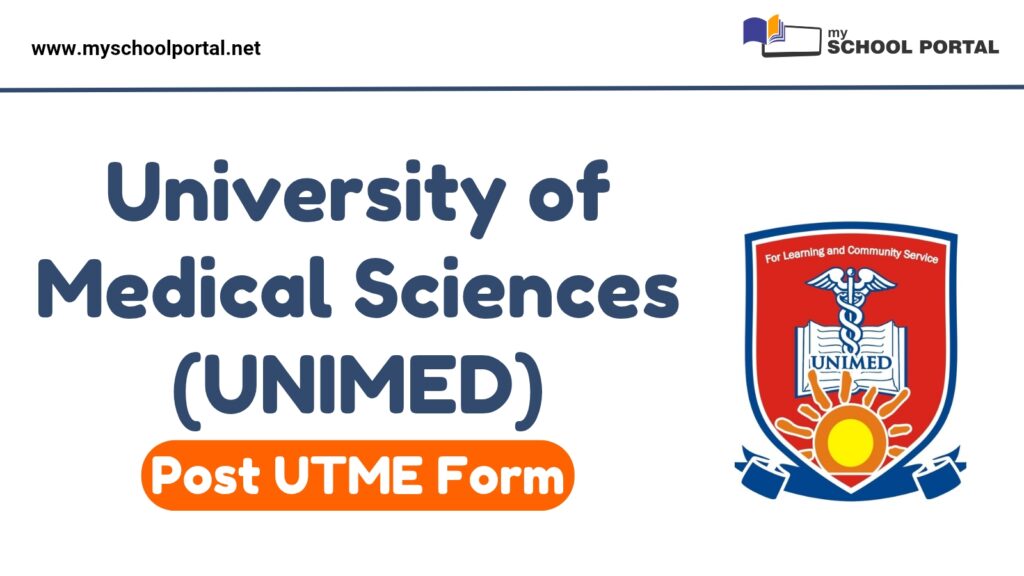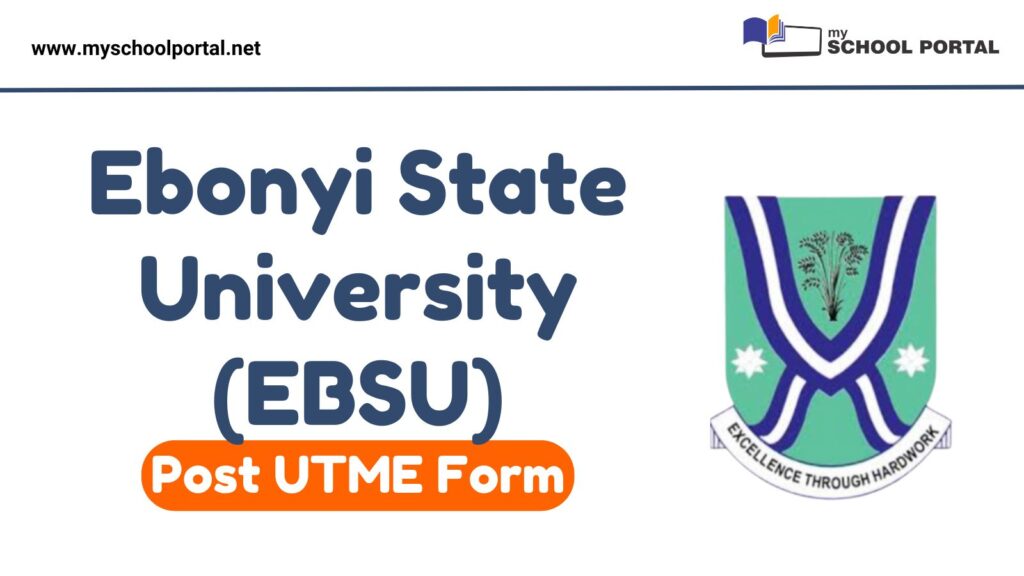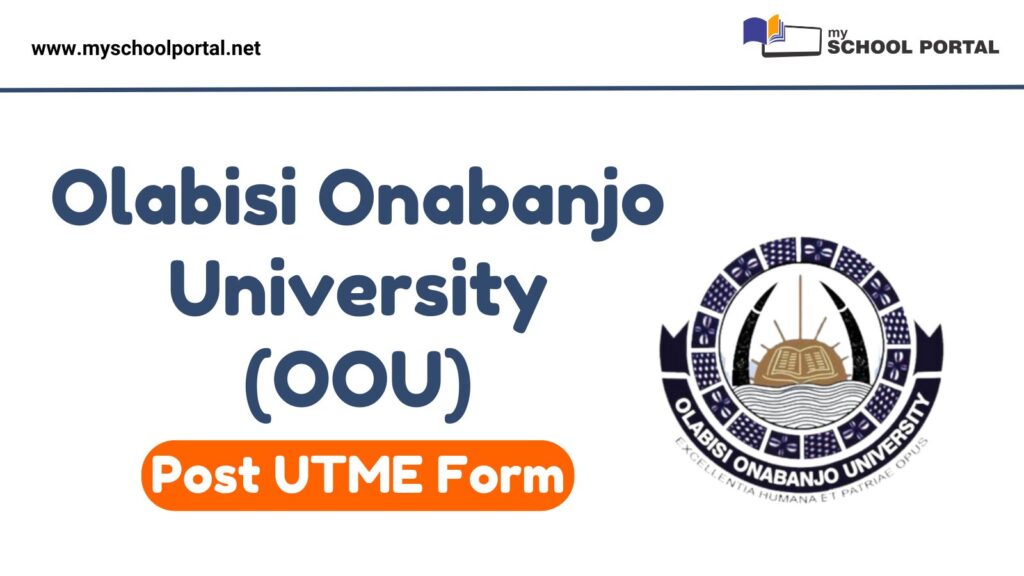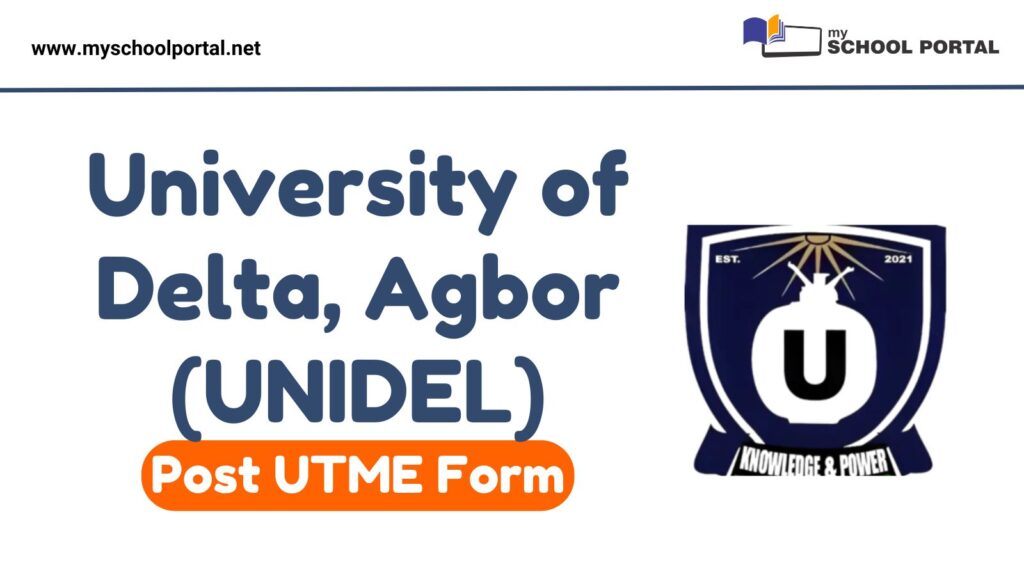Hello, Students!
Today, we are going to focus on Comprehension Passages—an essential part of improving your reading skills. Comprehension passages are not just about reading; they are about understanding, interpreting, and analyzing the text in front of you. Let’s dive into what comprehension passages are, how to tackle them effectively, and some tips to help you excel in them!
What are Comprehension Passages?
Comprehension passages are short extracts or texts taken from various sources such as books, articles, or stories. They are followed by questions that test your ability to understand the content, identify key ideas, analyze arguments, and make inferences based on the information given.
Why are Comprehension Passages Important?
- Develops Understanding: They help improve your ability to understand the main ideas and details in a text.
- Builds Critical Thinking: They encourage you to think critically about the information presented.
- Improves Vocabulary: They expose you to new words and phrases, helping to expand your vocabulary.
- Prepares for Exams: Many exams feature comprehension passages to test your reading and interpretation skills.
Steps to Mastering Comprehension Passages:
- Read the Passage Carefully:
- Read the passage at least twice to fully understand it. The first read is to get the general idea, while the second read is to grasp the details.
- Understand the Context:
- Pay attention to the setting, the characters (if any), and the tone of the passage. Understanding the context will help you interpret the meaning better.
- Identify the Main Idea:
- Focus on the main idea of the passage. Ask yourself, “What is the author trying to convey?” This is often found in the first or last few sentences of the passage.
- Look for Supporting Details:
- Identify the supporting details that back up the main idea. These are often facts, examples, or explanations that help clarify the central theme.
- Infer Meaning:
- Use context clues to infer the meaning of unfamiliar words or phrases. Look at how these words are used in the sentence and relate them to the overall meaning of the passage.
- Analyze the Structure:
- Understand how the passage is organized. Is it descriptive, narrative, argumentative, or explanatory? Recognizing the structure can help you predict the type of questions that might follow.
- Answer the Questions:
- After reading, carefully go through each question. Look back at the passage to find evidence for your answers. Ensure that your answers are based on the text, not your prior knowledge or assumptions.
- Review Your Answers:
- Always review your answers to ensure they are accurate and complete. Make sure they directly relate to the passage and the question asked.
Types of Questions in Comprehension Passages:
- Factual Questions:
- These questions are straightforward and ask for specific information directly stated in the passage.
- Example: “What is the main character’s profession?”
- Inferential Questions:
- These questions require you to read between the lines and make inferences based on the text.
- Example: “Why do you think the character decided to leave?”
- Vocabulary in Context Questions:
- These questions ask you to define a word or phrase based on how it is used in the passage.
- Example: “What does the word ‘lament’ mean as used in the passage?”
- Main Idea Questions:
- These questions ask about the central theme or idea of the passage.
- Example: “What is the primary purpose of the passage?”
- Author’s Purpose and Tone Questions:
- These questions ask about the author’s reason for writing and the tone they use.
- Example: “What is the author’s tone in the passage?”
- Evaluation and Critical Thinking Questions:
- These questions require you to evaluate the information, compare ideas, or draw conclusions.
- Example: “Do you agree with the author’s argument? Why or why not?”
Tips for Answering Comprehension Questions:
- Highlight or Underline Key Points:
- Mark important information as you read to quickly locate answers.
- Use the Process of Elimination:
- For multiple-choice questions, eliminate the obviously wrong answers first to narrow down your choices.
- Stay Within the Text:
- Ensure your answers are based on the information provided in the passage, not your assumptions or outside knowledge.
- Practice Regularly:
- The more you practice, the more comfortable you’ll become with different types of passages and questions.
- Time Management:
- Practice answering comprehension questions within a set time limit to improve your speed and efficiency.
Practice Activity:
- Read and Answer:
- Read a short story or article and answer the following types of questions: main idea, supporting details, vocabulary in context, and inferential questions.
- Write Your Own Questions:
- After reading a passage, write five questions that could be asked about it. This will help you think like an examiner.
- Vocabulary Exercise:
- Identify five unfamiliar words in a passage. Write down their meanings and use each in a sentence.
Homework:
- Daily Reading Practice:
- Read a new passage daily, identify the main idea, and answer a few questions about it.
- Create a Summary:
- Write a summary of a chosen passage, focusing on the main idea and key details.
Next Lesson: We’ll explore Summary Writing that will help you become a more confident and efficient writer! 📖
Great work today, everyone! Remember, comprehension is not just about reading—it’s about truly understanding and engaging with the text! 😊









